A Guide to Korean Sheet Masks: Which One is Right for You?
Korean skincare has taken the beauty world by storm, and one of the most beloved products is the Korean sheet mask. With a plethora of options available, choosing the right sheet mask for your skin type and concerns can be daunting. This comprehensive guide will help you navigate through the world of Korean sheet masks, offering insights into their benefits, ingredients, and how to choose the best one for your needs.
Understanding Korean Sheet Masks
What Are Korean Sheet Masks?
Korean sheet masks are single-use facial masks made from various materials, such as cotton, cellulose, or hydrogel, soaked in a serum packed with beneficial ingredients. These masks are designed to deliver concentrated skincare ingredients directly to the skin, providing a quick and effective treatment for various skin concerns.
History and Popularity of Korean Sheet Masks
Sheet masks originated in South Korea and quickly gained global popularity due to their convenience, affordability, and impressive results. The Korean beauty industry, known for its innovation and focus on healthy, radiant skin, has made sheet masks a staple in many skincare routines worldwide.
Benefits of Using Korean Sheet Masks
- Hydration: Sheet masks are excellent for providing intense hydration, making them ideal for dry skin.
- Brightening: Many sheet masks contain ingredients like vitamin C and niacinamide that help brighten and even out skin tone.
- Anti-Aging: Ingredients such as collagen and peptides in sheet masks can help reduce the appearance of fine lines and wrinkles.
- Soothing: Sheet masks with soothing ingredients like aloe vera and chamomile can calm irritated and sensitive skin.
- Convenience: Sheet masks are easy to use and provide quick results, making them perfect for a busy lifestyle.
Types of Korean Sheet Masks
Material Types
- Cotton Sheet Masks: Made from natural cotton fibers, these masks are breathable and comfortable. They are suitable for all skin types and can hold a significant amount of serum.
- Hydrogel Masks: These are made from a gel-like material that adheres closely to the skin. Hydrogel masks are great for deep hydration and soothing effects.
- Bio-Cellulose Masks: Created from fermented coconut juice, bio-cellulose masks fit like a second skin and are excellent for delivering active ingredients efficiently.
- Foil Masks: With a foil backing, these masks prevent serum evaporation, ensuring maximum absorption by the skin.
- Charcoal Masks: Infused with charcoal, these masks are designed to detoxify and purify the skin, making them ideal for oily and acne-prone skin.
Based on Skin Concerns
- Hydrating Masks: Perfect for dry skin, these masks contain ingredients like hyaluronic acid, glycerin, and aloe vera to provide deep moisture.
- Brightening Masks: For dull and uneven skin tones, brightening masks with vitamin C, niacinamide, and pearl extract can help achieve a radiant complexion.
- Anti-Aging Masks: These masks target fine lines and wrinkles with ingredients like collagen, peptides, and adenosine.
- Soothing Masks: Designed for sensitive and irritated skin, soothing masks contain calming ingredients like green tea, chamomile, and Centella asiatica.
- Purifying Masks: Ideal for oily and acne-prone skin, purifying masks with ingredients like charcoal, tea tree oil, and salicylic acid help control oil and prevent breakouts.
How to Choose the Right Korean Sheet Mask for Your Skin Type
Identifying Your Skin Type
Before selecting a sheet mask, it’s essential to understand your skin type. Common skin types include:
- Normal Skin: Balanced skin with no major concerns. Suitable for most types of sheet masks.
- Dry Skin: Lacks moisture and may feel tight or flaky. Hydrating and soothing masks are ideal.
- Oily Skin: Produces excess sebum, leading to a shiny appearance and potential breakouts. Purifying and mattifying masks work best.
- Combination Skin: Oily in some areas (usually the T-zone) and dry in others. Choose masks that address specific concerns for each area.
- Sensitive Skin: Prone to redness and irritation. Soothing and hypoallergenic masks are recommended.
Reading Ingredients
Pay attention to the ingredients list when selecting a sheet mask. Look for key ingredients that address your specific skin concerns:
- Hyaluronic Acid: Excellent for hydration and plumping the skin.
- Vitamin C: Helps brighten and even out skin tone.
- Collagen: Improves skin elasticity and reduces fine lines.
- Tea Tree Oil: Effective for controlling oil and treating acne.
- Aloe Vera: Soothes and calms irritated skin.
Patch Testing
Before using a new sheet mask, it’s advisable to do a patch test to ensure you don’t have an adverse reaction. Apply a small amount of the serum to a discreet area of your skin and wait 24 hours to check for any irritation or allergic reaction.
How to Use Korean Sheet Masks Effectively
Preparation
- Cleanse: Start with a clean face to remove any dirt, oil, or makeup.
- Tone: Apply a toner to prepare your skin and help absorb the serum better.
Application
- Unfold the Mask: Gently unfold the sheet mask and place it over your face, aligning it with your eyes, nose, and mouth.
- Smooth It Out: Smooth out any air bubbles to ensure the mask adheres closely to your skin.
- Relax: Leave the mask on for the recommended time (usually 15-20 minutes). Use this time to relax and unwind.
Aftercare
- Remove the Mask: Gently peel off the mask and discard it.
- Massage the serum. Pat any remaining serum into your skin until it is fully absorbed.
- Follow Up: Continue with your regular skincare routine, including moisturizer and sunscreen if using the mask in the morning.
Popular Korean Sheet Mask Brands
Mediheal
Mediheal is known for its high-quality, dermatologist-tested sheet masks. Popular options include the N.M.F Aquaring Ampoule Mask for hydration and the Tea Tree Care Solution Essential Mask for acne-prone skin.
Innisfree
Innisfree offers a variety of sheet masks made from natural ingredients sourced from Jeju Island. The My Real Squeeze Mask line includes options for hydration, brightening, and soothing.
Dr.Jart+
Dr.Jart+ is a favorite for its innovative skincare solutions. The Dermask line includes masks targeting various concerns, such as the Vital Hydra Solution for intense hydration and the Clearing Solution for acne.
Etude House
Etude House offers affordable and fun sheet masks that cater to different skin types. The 0.2-mm Air Therapy Mask line is lightweight and comes in a variety of formulations.
TonyMoly
TonyMoly is known for its playful packaging and effective products. The I’m Real Mask Sheet line includes options like the Aloe Mask for soothing and the Lemon Mask for brightening.
Incorporating Sheet Masks into Your Skincare Routine
Daily Use
While sheet masks are generally safe for daily use, it’s essential to listen to your skin. Overusing masks with active ingredients like acids or retinol can lead to irritation. Opt for hydrating and soothing masks for daily use and save treatment masks for a few times a week.
Weekly Treatments
For a more targeted approach, use sheet masks with specific benefits once or twice a week. For example, use a purifying mask mid-week to control oil and an anti-aging mask on weekends for a rejuvenating boost.
Special Occasions
Sheet masks are perfect for prepping your skin before special occasions. Use a brightening or hydrating mask before applying makeup to achieve a smooth, radiant base.
FAQs About Korean Sheet Masks
1. How often should I use a Korean sheet mask?
For most skin types, using a sheet mask 2-3 times a week is sufficient. Hydrating and soothing masks can be used more frequently, while masks with active ingredients should be used less often.
2. Can I reuse a Korean sheet mask?
No, Korean sheet masks are designed for single-use only. Reusing a sheet mask can introduce bacteria to your skin and diminish the effectiveness of the serum.
3. Should I rinse my face after using a sheet mask?
It’s generally not recommended to rinse your face after using a sheet mask. Instead, gently pat the remaining serum into your skin to maximize the benefits.
4. Can I use a sheet mask if I have sensitive skin?
Yes, there are sheet masks formulated specifically for sensitive skin. Look for masks with soothing ingredients like aloe vera, chamomile, and Centella asiatica.
5. Are Korean sheet masks suitable for oily skin?
Yes, there are sheet masks designed for oily skin. Look for masks with purifying and mattifying ingredients like charcoal, tea tree oil, and salicylic acid.
6. Can I use a sheet mask while pregnant?
Most sheet masks are safe to use during pregnancy, but it’s best to consult with your doctor and avoid masks with ingredients like retinol and certain essential oils.
7. When is the best time to use a sheet mask?
The best time to use a sheet mask is after cleansing and toning, either in the morning to prep your skin for the day or in the evening as part of your nighttime routine.
8. Can I store my sheet masks in the refrigerator?
Yes, storing sheet masks in the refrigerator can enhance their cooling and soothing effects, making them more refreshing to use.
9. How do I choose the right sheet mask for my skin type?
Identify your skin type and concerns, and choose a sheet mask with ingredients that address those specific needs. For example, if you have dry skin, look for hydrating masks with hyaluronic acid.
10. Are there any side effects of using sheet masks?
Side effects are rare but can include redness, irritation, or breakouts if you’re allergic to any ingredients. Always do a patch test before using a new sheet mask.
11. Can men use Korean sheet masks?
Absolutely! Korean sheet masks are suitable for all genders and can address a variety of skin concerns, regardless of gender.
12. How long should I leave a sheet mask on?
Most sheet masks should be left on for 15–20 minutes. Avoid leaving them on for too long, as the mask can dry out and start drawing moisture back from your skin.
13. What should I do with the leftover serum in the packet?
You can use the leftover serum on your neck, hands, or any other part of your body that needs extra hydration.
14. Can I use a sheet mask after exfoliating?
Yes, using a sheet mask after exfoliating can help soothe and hydrate your skin, enhancing the overall benefits.
15. What is the difference between a sheet mask and a regular mask?
Sheet masks are pre-soaked in serum and provide a convenient, mess-free application, whereas regular masks (like clay or cream masks) require application and rinsing.
16. Do Korean sheet masks expire?
Yes, sheet masks have an expiration date, usually indicated on the packaging. Using an expired sheet mask can reduce its effectiveness and potentially irritate.
17. Can I use a sheet mask on my neck?
Yes, you can use the sheet mask serum on your neck or apply the entire mask if it fits comfortably.
18. How should I dispose of a used sheet mask?
Dispose of a used sheet mask in the trash. Avoid flushing it down the toilet, as it can cause blockages.
19. Are Korean sheet masks eco-friendly?
The eco-friendliness of sheet masks varies by brand. Look for masks made from biodegradable materials and environmentally friendly packaging.
20. Can I use a sheet mask with other skincare treatments?
Yes, sheet masks can be used in conjunction with other skincare treatments. Apply the sheet mask after cleansing and toning, then follow up with your usual serums and moisturizers.
Organic Argan Oil: The All-Natural Solution for Hair and Skin
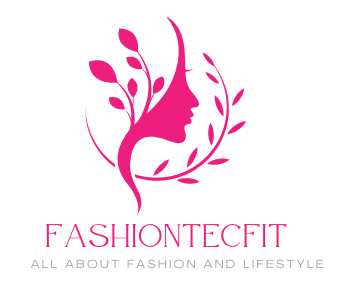
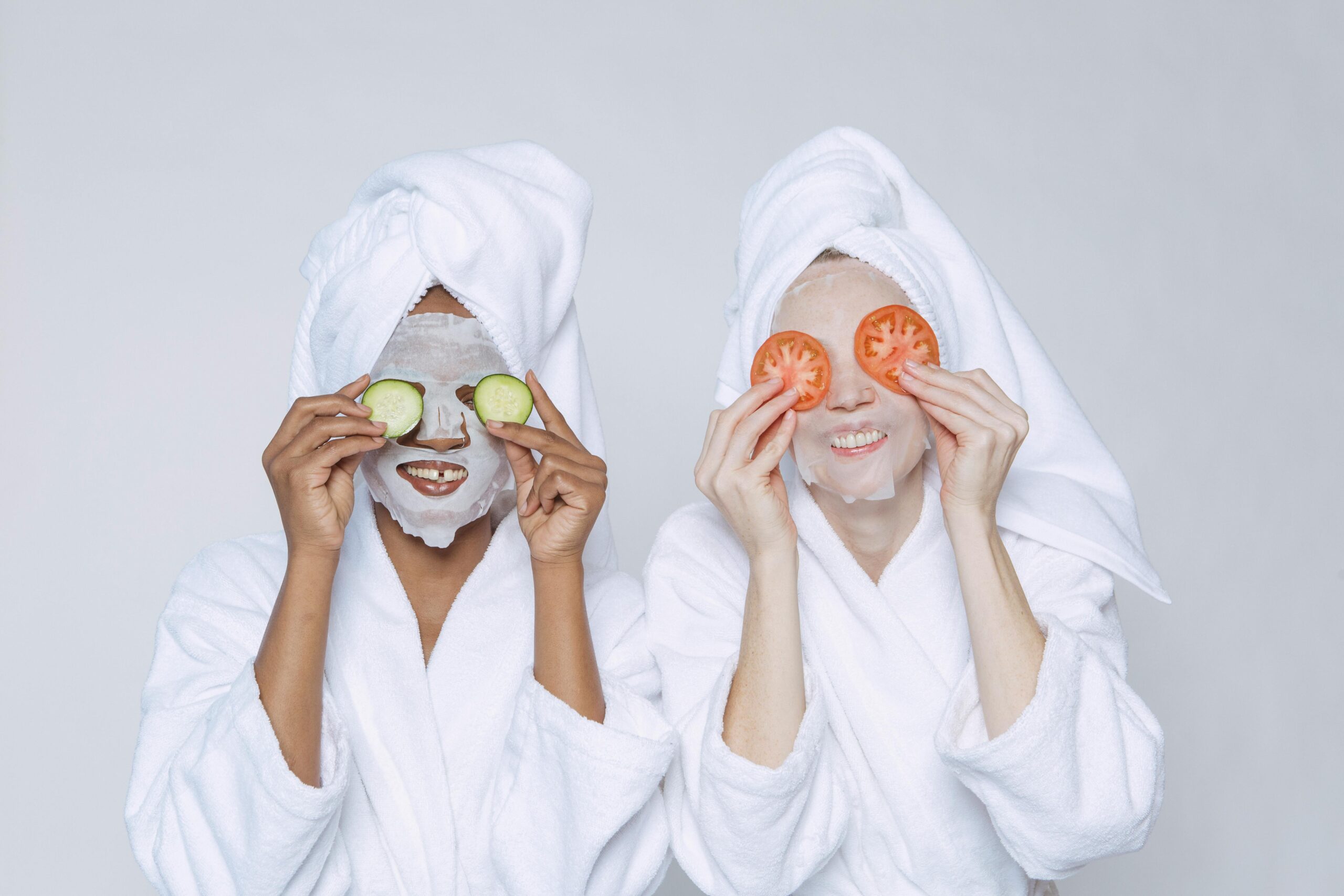
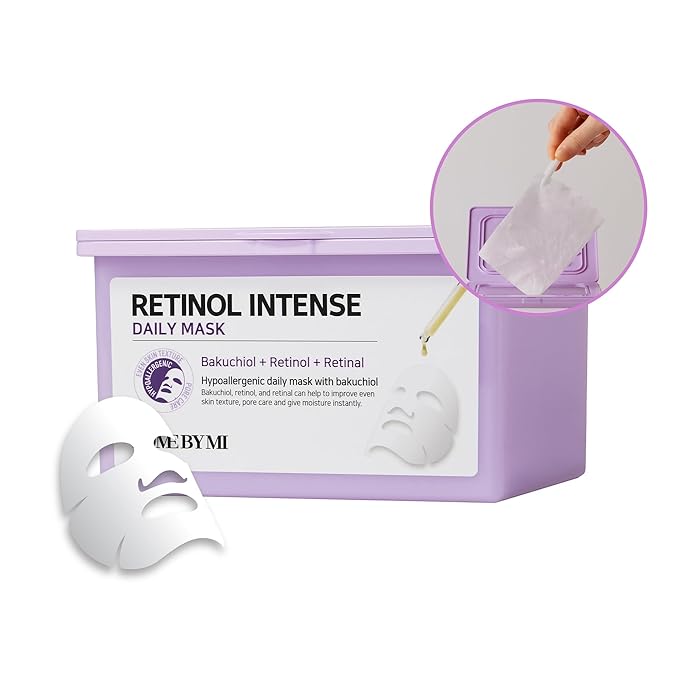
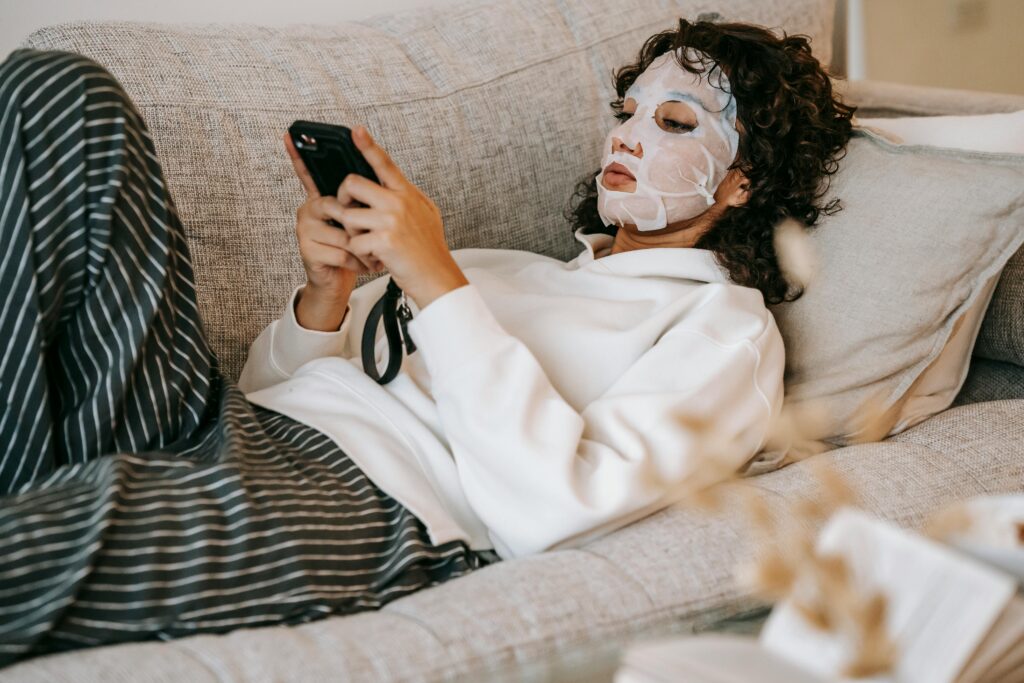

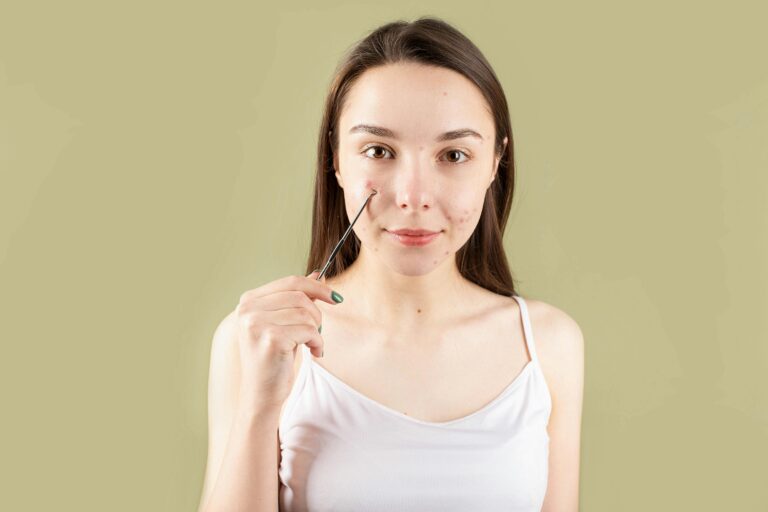
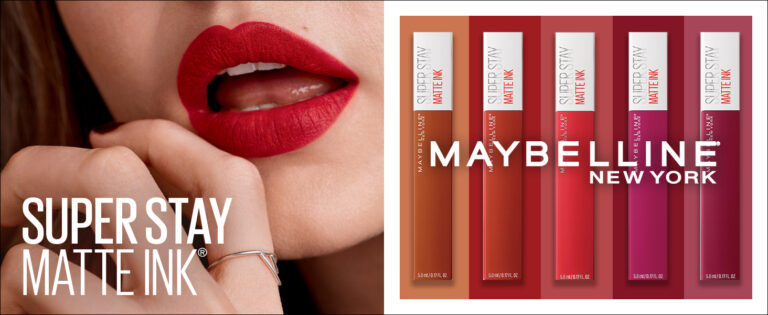
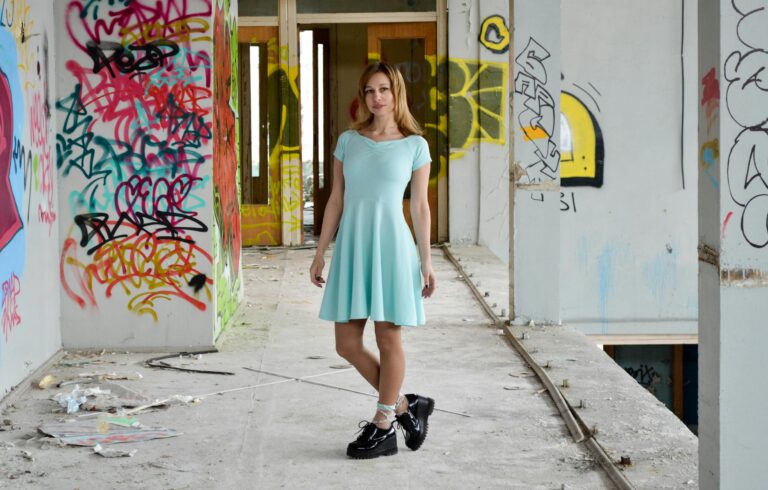



One Comment